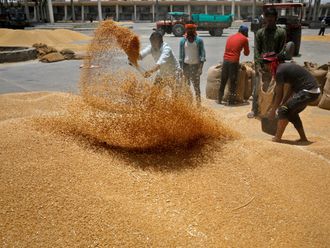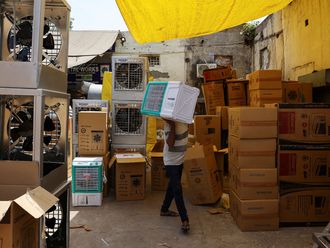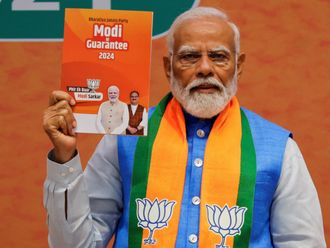Thiruvananthapuram: After the Kerala government officially ratified the ruling United Democratic Front coalition’s decision to shut all liquor bars in the state, the financial implications are sinking in.
Last week, after extensive deliberations in the coalition and at the insistence of Kerala Pradesh Congress Committee president V.M. Sudheeran, the Oommen Chandy-led government decided not to renew the licences of 418 liquor bars, shut down the remaining 312 bars, and permit only about two dozen five star hotels to serve liquor from now on.
The Kerala State Beverages Corporation outlets will, however, continue to sell various liquor brands until these outlets too are closed in phases over a decade. That is expected to cripple the finances of the state government, to which liquor sales contribute over Rs75 billion annually.
Kerala spends roughly Rs14 billion on its salary bill and another Rs7 billion on pensions every month, running up a massive Rs21 billion expense on these two fronts alone. Considering that the state is also heavily indebted owing to the numerous welfare pensions announced by successive governments, financial experts warn of tough times ahead.
State home minister Ramesh Chennithala said the decision to close liquor bars will indeed have significant financial implications and that in the short-term this may affect creating more posts in the police force.
Kerala is presently borrowing about Rs10 billion monthly and is also burdened with the monthly losses of approximately Rs1 billion that is run up by the Kerala State Road Transport Corporation.
On the flip side, the government is betting that the liquor bar closure will provide huge social benefits, both in terms of hard-earned money of the men going into productive channels and savings in terms of health aspects.
Some reports in media have also indicated a drop in the number of road accidents since the time 418 liquor bars were denied renewal of their licences on the ground that they did not have “adequate facilities”. Anti-liquor advocates argue that these savings will more that make up for the money waived by the government by banning liquor sales.












